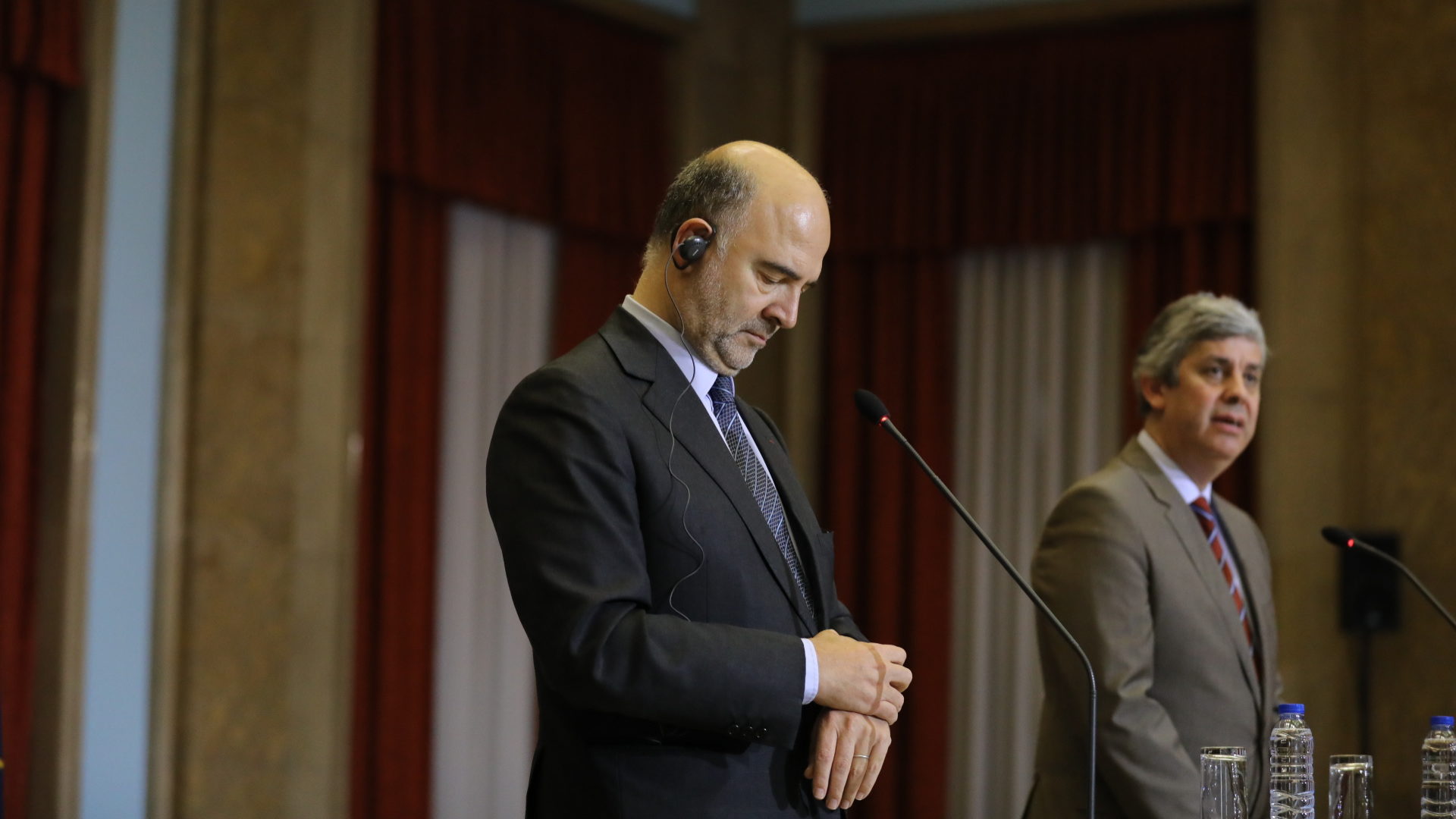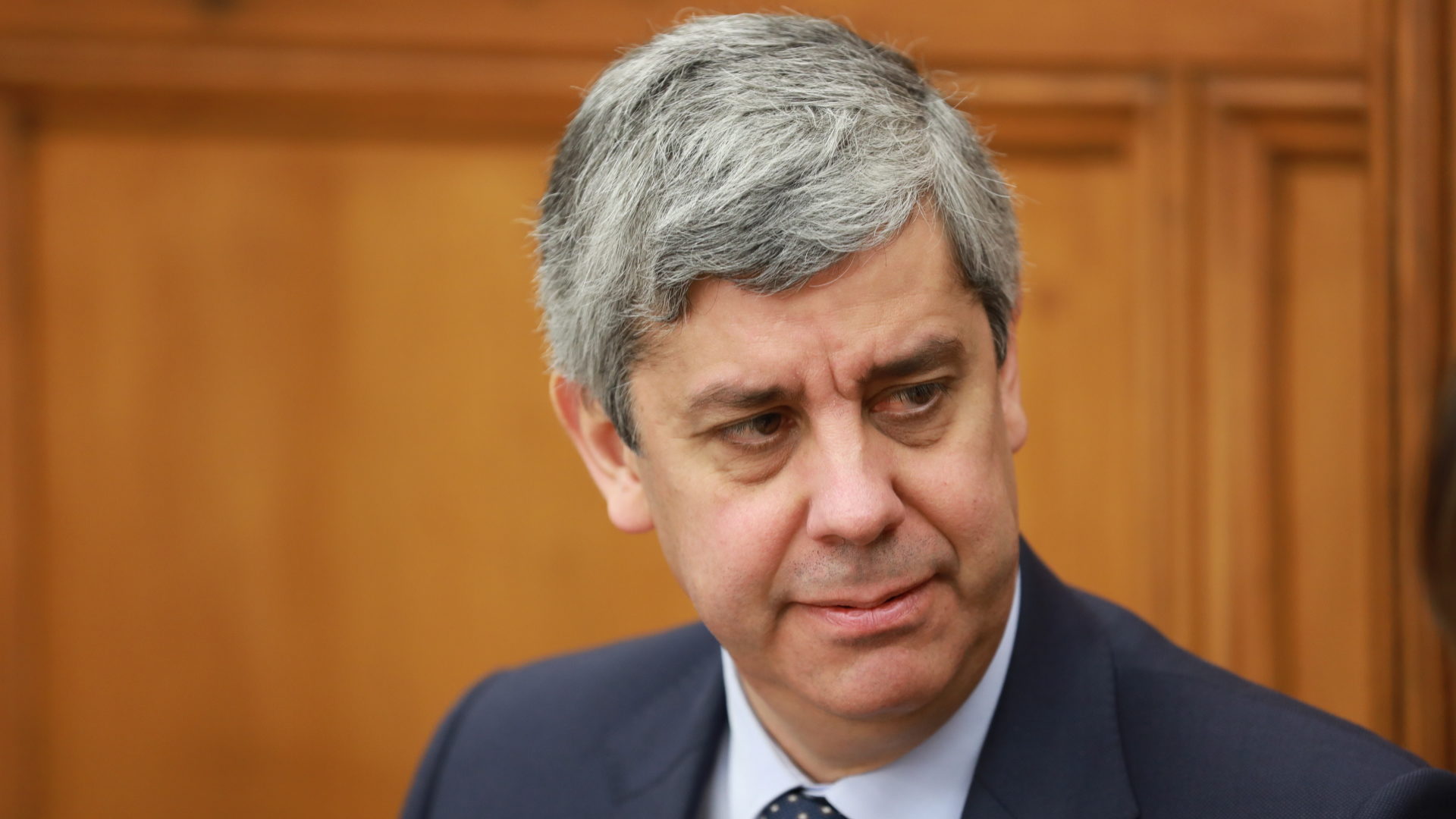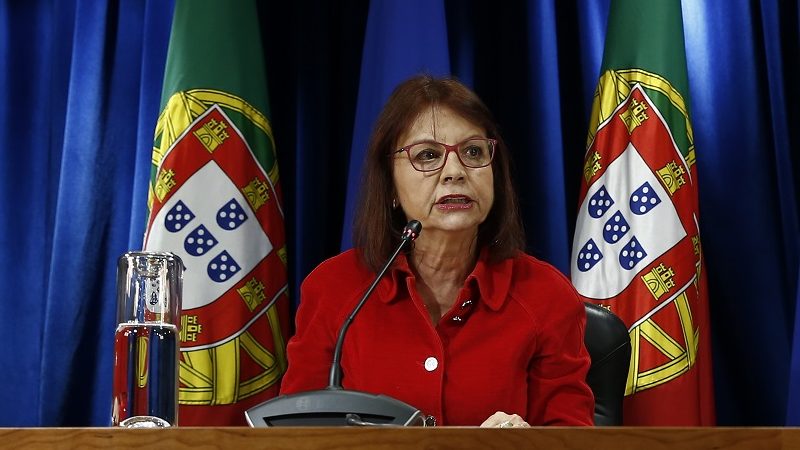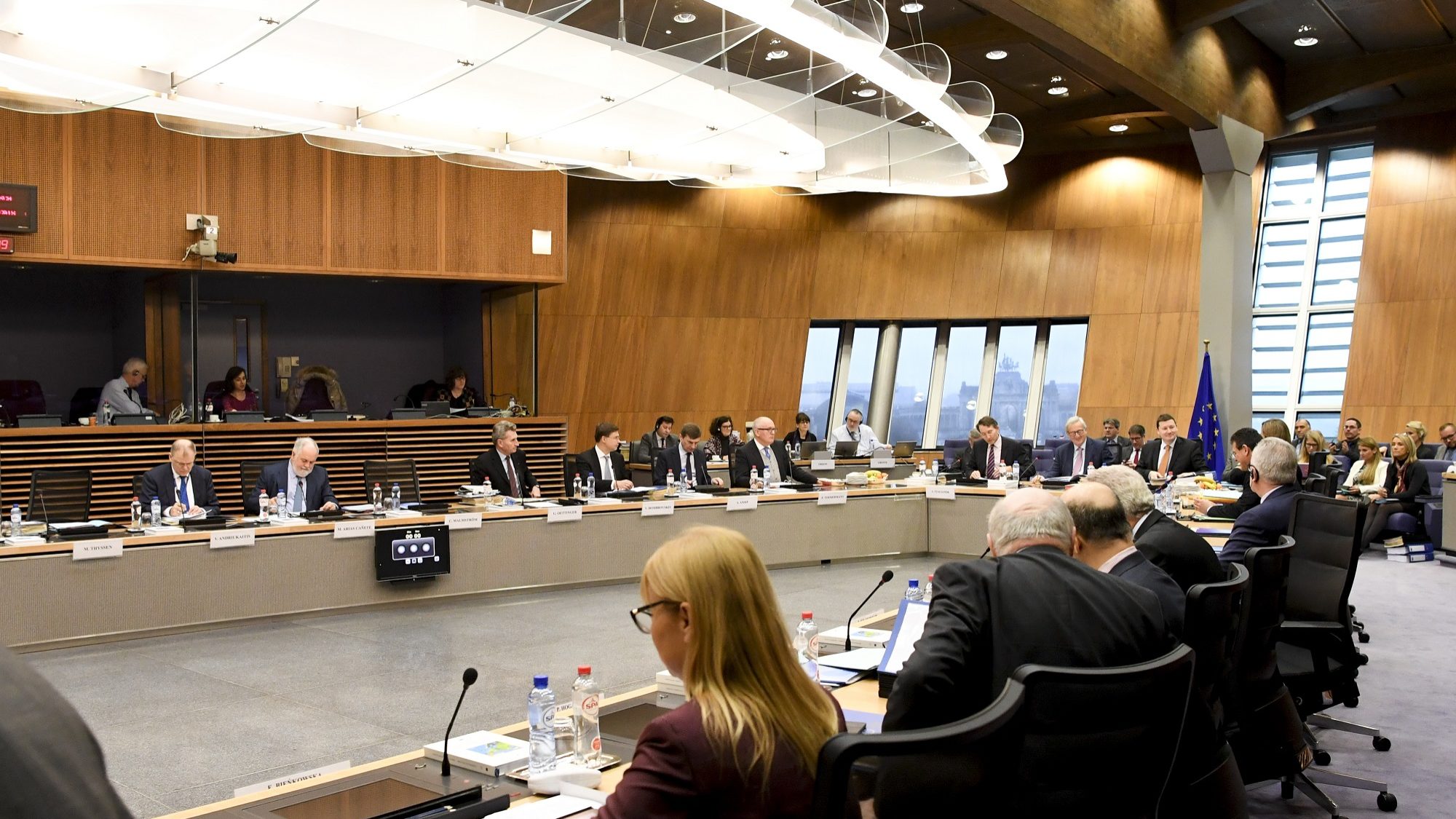Teodora Cardoso: deficit decreased through measures that “are not sustainable”
The chairwoman of the Portuguese Public Finance Council has no doubts Portugal will leave the Excessive Deficit Procedure, but fears it may go back to it without medium-term reforms.
Teodora Cardoso acknowledges that, to a certain extent, the Government performed “a miracle” in reducing the 2016 deficit. But she is not impressed by that miracle: the chairwoman of the Portuguese Public Finance Council believes the Government’s measures implemented to decrease the deficit “are not sustainable”.
Concerning the correction of public accounts, the economist points to the fact that there was no plan B, but other measures such as the fiscal amnesty programme (PERES), “of great importance”, or “deep cuts in expenses, namely in public investment”.
Public expense issues are only solved through a reform which has medium-term effects in terms of better management of expense, expense quality and efficiency gains.
The “issue”, she states, is that “these kind of measures are not sustainable”, because their effect will not be repeated. “Public expense issues are only solved through a reform which has medium-term effects in terms of better management of expense, expense quality and efficiency gains”. Since “we never made that effort in the past”, there is “room for efficiency gains”.
Therefore, Teodora Cardoso acknowledges there is “no doubt” that Portugal will leave the Excessive Deficit Procedure (EDP), which the European Commission and the IMF have also acknowledged. She does doubt something: “If all our efforts go towards these unsustainable one-off measures, meant to control the deficit in a specific year, but then if right after leaving the EDP we are spending a lot, we will fall once again“, adding that “we cannot rely on the European Central Bank forever”.




